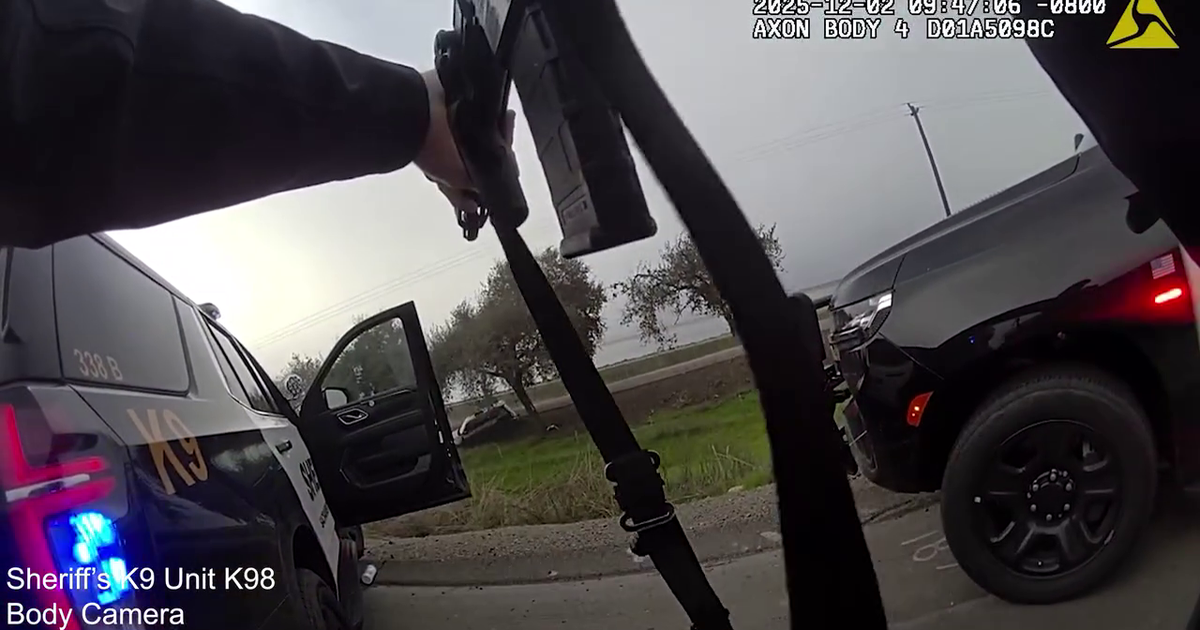How to talk to children about Tyre Nichols video
PHILADELPHIA (CBS) -- Memphis police announced Monday that a sixth officer has been relieved of duty in connection with his role on the night Tyre Nichols was beaten by police.
Nichols died three days after he was pulled over on Jan. 7.
The five officers who were fired are facing multiple charges, including second-degree murder.
Attorney Ben Crump said there must be accountability for everyone who saw Nichols that night.
The Memphis police beating has triggered emotional reactions across the country, heightened by the release of the body camera video and video recorded by a camera on a light pole.
There's been an outpouring of reactions to the beating of Nichols and the release of the video.
Doctors say this can be emotional, even for people who haven't watched the video.
"For people's overall mental health, this is still something we need to protect," Dr. George James, a Philly-based therapist, said.
James said he hasn't been able to watch the video.
"I couldn't, I just couldn't get through it," James said.
But experts say you don't have to physically witness violence to have a traumatic stress response.
"Maybe you're having nightmares about it and it just keeps replaying in your head," Jody Baumstein, a licensed therapist, said. "You may also notice that you're edgy. You're irritable. You're kind of on edge and kind of heightened."
James says the Memphis beating of a Black man by Black police officers can be especially difficult for minorities.
"It can trigger people to feel the pain they felt in some other way," James said. "Those triggers can now produce more anxiety, more worry, more concern, more sadness, more depression and it impacts people's work. How they show up. How they are with their family."
James said acknowledging feelings is the first critical step in healthy coping.
"Just acknowledging that there is something to talk about, just like we're doing this segment, can allow people to know its OK for us to have this conversation," James said.
Parents are reminded to talk with their kids, be open and honest about what happened and validate their feelings.
"Have the conversation," James said. "You don't have to show your kids a video, but you can talk about it cause it will come up at school or other places."
Healthy coping can include exercising, meditating, playing games and even a walk outside. If emotions interfere with daily life, it could be time to seek professional help
James said becoming active in social causes can help offset frustrated emotions, and distractions are good.
His favorite right now? Cheering for the Eagles.







